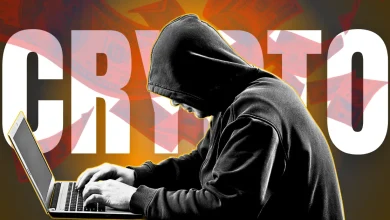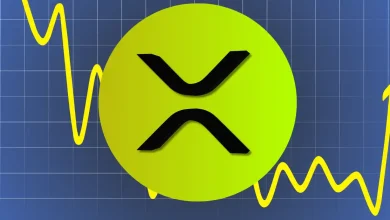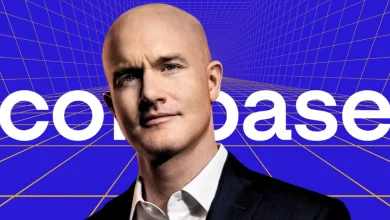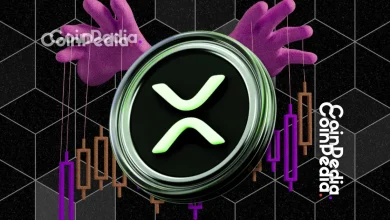
The Ripple vs. SEC lawsuit triggers debates, with Max Keiser criticizing XRP and Bill Morgan defending its regulatory clarity.
Morgan mocks Keiser's "dead coin walking" comment, highlighting Ripple's victory against the SEC.
Keiser remains doubtful of altcoins, urging Bitcoin mining prioritization in El Salvador.
Over the course of the two-year Ripple vs. SEC lawsuit, several individuals have shared their perspectives, expressing support for either the SEC or Ripple while criticizing the other party. Among those who voiced criticism towards XRP, Max Keiser is a notable one.
Attorney Bill Morgan recently responded to an old tweet by Max Keiser, a Bitcoin Maximalist, who had criticized XRP and its potential. Morgan took a jab at Keiser in his tweet, highlighting the clarity on XRP currently.
Here’s what went down.
Shots Fired!
Max Keiser, a well-known Bitcoin (BTC) maximalist, has consistently criticized XRP, the native token of the XRP Ledger (XRPL). However, in a recent development Bill Morgan, a prominent lawyer within the XRP community took a jab at Keiser for a previous comment he had made about XRP.
Morgan highlighted Ripple’s victory against the SEC and emphasized that XRP is the only altcoin in the United States to have gained regulatory clarity. He mocked Keiser for referring to XRP as “a dead coin walking”, asserting that Bitcoin is no longer the sole crypto asset with regulatory clarity.
Max Keiser’s Controversial Remarks
In the lead-up to the court’s verdict on July 13 in the long-standing SEC v. Ripple lawsuit, Max Keiser suggested that despite the efforts of John Deaton, the founder of CryptoLaw, XRP would likely be classified as a security in the lawsuit.
The government Bitcoin adviser of El Salvador made a bold statement in response to a report, wherein John Deaton acknowledged the US Securities and Exchange Commission (SEC) as a “protection racket” benefiting a few insiders in the cryptocurrency industry.
Keiser‘s Advice for the El Salvador Government
Despite the outcome of the lawsuit, Max Keiser maintains a negative outlook on altcoins. He believes that the SEC Chair gary gensler

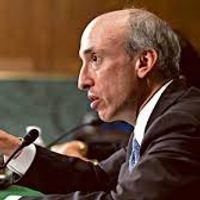
Apart from XRP, the SEC continues to classify various altcoins as securities. A recent court filing against Binance identified Cardano (ADA) and Algorand (ALGO) as some of the assets facing this classification.


